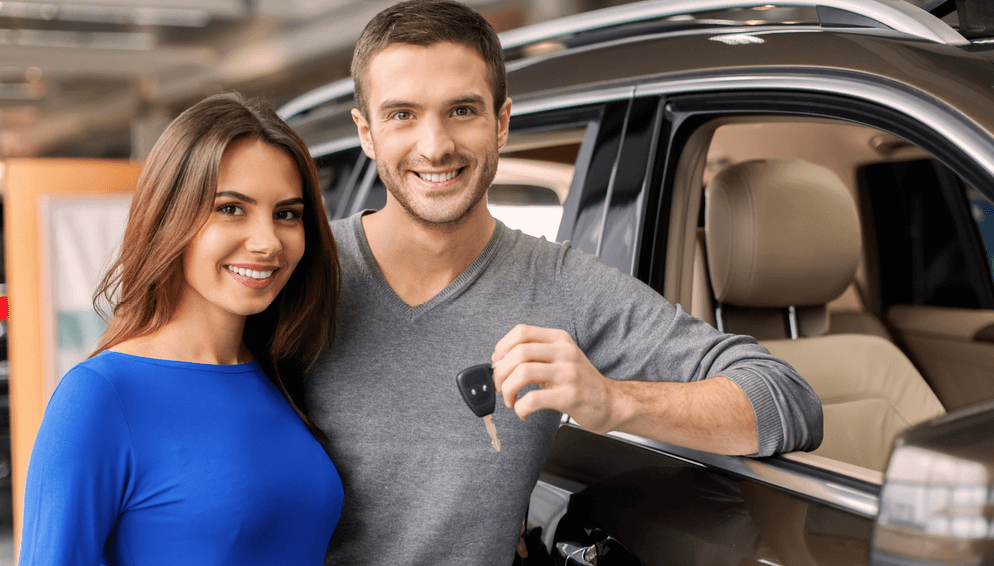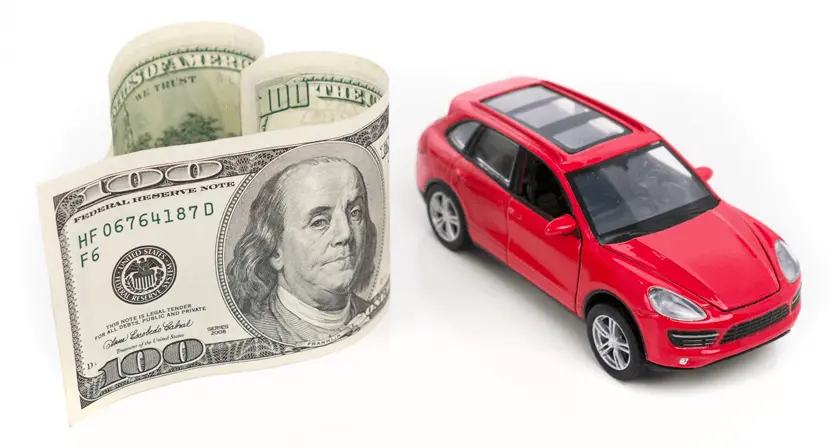The value of your car isn't the only determining factor. Learn more about the many other variables that come into play when shopping for full coverage auto insurance and tips for controlling your costs.
What is Gap Insurance and Who Needs It?
Consider this scenario:
The Andersons drive off the floor of their local Cadillac dealership in a gorgeous, brand-new Escalade. As they enjoy the smell of new leather seats and tinker with it’s Sirius XM radio, they are confident that the pricey monthly payments will be worth it. They have full coverage insurance in force. Everything is taken care of and nothing could stop their bliss!
Except for their 16-year-old son, Tyler.
Contrary to common sense, they lend Tyler the keys to the car a month later. After Tyler loses control of the car on a slippery road and crashes into a tree, the Anderson’s prized Escalade is on its way to the junkyard, a total loss.
But the car payments keep coming. Didn’t they have full coverage? Why are they still paying for a car that is now only good for scrap metal?
The Andersons didn’t have GAP (guaranteed auto protection) coverage and they needed it. You might, too, so it’s important to know what it is and how it works.
Find Cheap Insurance
GAP Insurance 101
As the name implies, GAP insurance fills the gap between what you owe on a vehicle and what the car is actually worth. When you insure an automobile, your coverage is based on the vehicle’s actual worth—not what you paid for it.
As we all know, a brand-new vehicle immediately depreciates once it’s driven off the lot. If the amount you owe is greater than the actual value of the vehicle—and sometimes this can be a difference of thousands of dollars—you still have to pay for what you owe on the vehicle once the insurance company compensates you for the vehicle’s value. For example, a car that was $25,000 brand new may be worth only $18,000 after one year! That’s a depreciation of more than 25 percent and a gap of $7,000!
Who Needs GAP Insurance?
You should look at GAP insurance in case you total your vehicle so that you’re not stuck paying car payments on a car you don’t even have any longer. If you lease a car, it’s almost certain you’ll need to carry GAP insurance. If you own a car, here are scenarios that indicate you would benefit by having GAP coverage:
- You are financing your car for 60 months or more. The longer you are paying on a car, the more the car’s value is depreciating as you are still paying off the original sticker price.
- You made no down payment or a small one—less than 20 percent. Again, you are likely paying on your loan much more than the auto is worth.
- You drive a lot. More miles—15,000 or more annually—drives down a car’s worth very quickly.
- You have a vehicle that doesn’t hold its value over time.
- Any other case where you have negative equity on your car (you owe more than the car is worth.)
Who Doesn’t Need GAP Insurance?
Most people don’t need GAP insurance. You just need to do the math. If your car is paid for, GAP insurance makes no sense—you don’t owe anything on it. If you’re still making payments but owe less than the car’s value for whatever reason, you don’t need GAP insurance either.
It’s also possible to need GAP insurance at one stage of owning your car and not later. For example, the brand-new Escalade mentioned above definitely needed GAP insurance upon purchase. However, if Randall had made a huge down payment, thus reducing his monthly payments to below the car’s value, GAP insurance would have been unnecessary. Likewise, if Randall made more than the monthly minimum payment, it’s possible he could have canceled his GAP coverage once his amount owed became less than the vehicle’s value.
Always review your coverage to make sure you aren’t paying for something that has no real value to you.
Where Can You Get GAP Insurance?
Your dealer can offer GAP insurance, but often it’s cheaper to go with a regular auto insurance carrier. As always, shopping around can give you the best deal.
The good news is that GAP insurance doesn’t cost a bundle—maybe only 5 to 6 percent of your yearly premiums. However, if you are in a situation where GAP insurance would be prudent, this relatively small annual cost can save your toast if the worst happens and your pricey new car is totaled in an accident.


